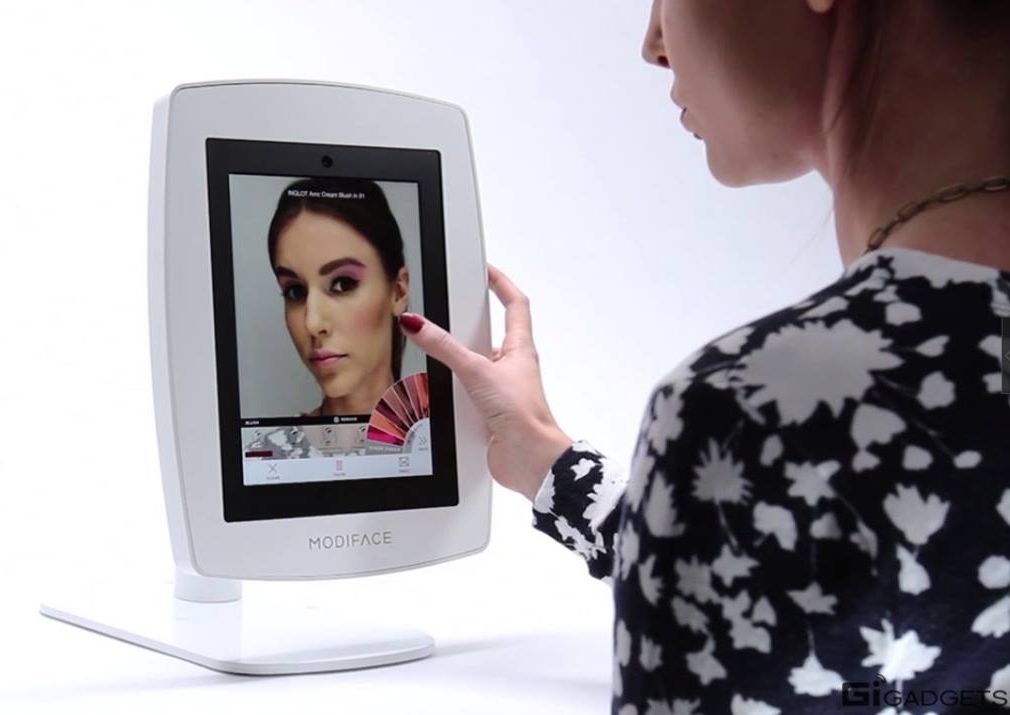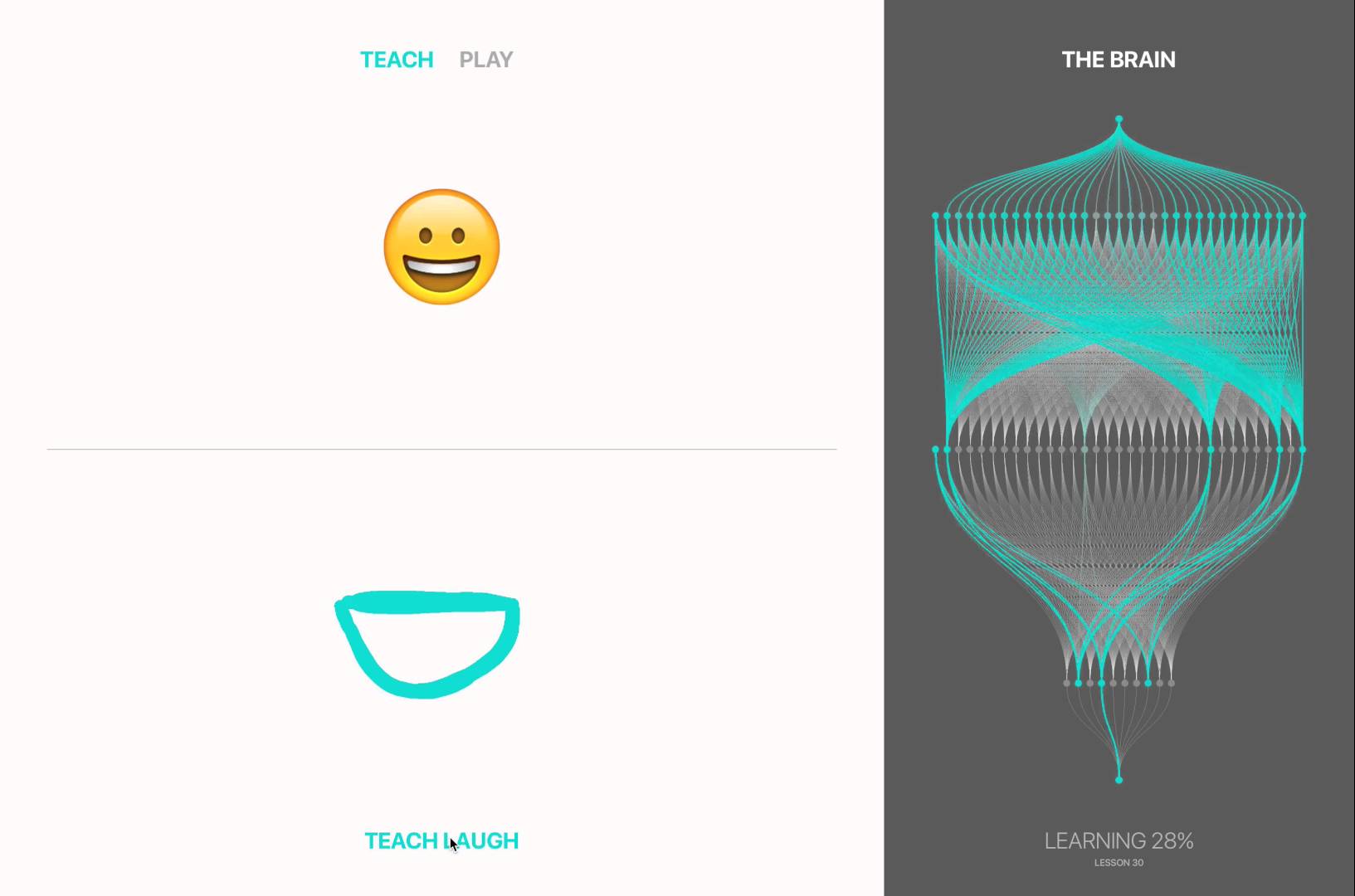Patented augmented-reality technology can show makeup, hair, skin, and anti-aging changes in LIVE 3D.

Patented augmented-reality technology can show makeup, hair, skin, and anti-aging changes in LIVE 3D.
Machines could take 50% of our jobs in the next 30 years, according to scientists. While we can’t predict the future, we can imagine a world without work – one where those who own the tech get rich from it and everyone else ekes out a living, propped up by an increasingly fragile state. Meet Alice, holder of the last recognisable job on Earth, trying to make sense of her role in an automated world.

Michio Kaku says it depends on your definition of consciousness. But at least according to one definition, we might one day become immortal.
MIAMI, Sept. 10 (UPI) — The first patient to receive therapeutic delivery of islet cells in a new diabetes study no longer needs insulin therapy to control type 1 diabetes, according to doctors at the University of Miami’s Diabetes Research Institute.
The patient, Wendy Peacock, 43, has been giving herself insulin injections to control diabetes since she was diagnosed with the condition at age 17. Since she had the minimally-invasive procedure on August 18, Peacock has been off insulin, because her body is producing it naturally, and she no longer has the dietary restrictions that accompany type 1 diabetes.
Type 1 diabetes is caused by inadvertent destruction of insulin-producing islet cells in the pancreas by the immune system. While previous experimental treatments that involved the replacement of these cells has allowed patients to live without the need for insulin-replacement therapy for up to a decade, the goal is for better delivery of the cells to make the surgical treatment permanent — effectively curing the condition.
This is the ‘world’s cheapest’ smartphone.
A technology company in India is launching what it claims will be the ‘world’s cheapest’ smartphone costing just $7 or around £5.
The Freedom 251 is being built by Ringing Bells and will reportedly sell for around $7 although the BBC reports that local media are pricing it even lower at just £2.50.
If you have money in the stock market, I highly recommend that you buy as many shares of Alphabet, as much as you can, as soon as you can. Alphabet was spun out of it’s parent company, Google. It’s important, critical even, to take notice of the fact that all of Google’s “moon shot” R&D programs, from it’s X division to it’s marketing department, have been transferred to this new company. Why does this matter so very much? The answer to that question is this: The evolutionary scientific and engineering breakthroughs are nearing completion. When that happens, in the very near future, it is going to leave humanity in a state of stunned awe.
Welcome to the singularity, my friends.
Shares of Alphabet, the parent company of Google, rose nearly 4% Tuesday morning thanks to its strong earnings report.
Continue reading “Alphabet, aka Google, is now the world’s most valuable company” »

Former Apple UI designer Mike Matas has a new project: an artificial brain with a super-clean interface.
The bottom line is robots are machines; and like any other machine, a robot system can be (with the right expertise) reprogram. And, a connected robot to the net, etc. poses a risk as long as hackers poses a risk in the current Cyber environment. Again, I encourage government, tech companies, and businesses work collectively together in addressing the immediate challenge around Cyber Security.
And, there will need to be some way to also track robots & deactivate them remotely especially when the public are allowed to buy them (including criminals).
“We believe story comprehension in robots can eliminate psychotic-appearing behavior and reinforce choices that won’t harm humans and still achieve the intended goal”.
Continue reading “Researchers are Using Fairy Tales to Prevent a ‘Psychotic’ Robot Uprising” »
A search of the U.S. Patent and Trademark Office’s database shows some recently filed patents by Google. The search engine titan is obviously firing all cylinders in its research of robots/drones, driverless vehicles, and what looks to be either a Google Glass reboot or some sort of stylish frames for Virtual Reality headsets, perhaps.
[Related: Apple and Google Will Lead $600 Million Near-Future Car Market]
Several patents for eye wear that Google simply refers to as “glasses” in the patent abstracts, show more stylish frames than the Google Glass prototype released in 2013.
It’s like some kind of surrealistic, never ending nightmare! Eeek.
Sleeping too well lately? Looking for that “something something” to turn those boring restful nights into a horrorscape? Turns out, zooming in too far on Google Maps’ user-uploaded 3D Spheres produces some impressively fucked up images.
Digital artist Kyle F. Williams has been collecting some of the weirder glitchy images Google Maps turns up when you zoom in too close on some of its 3D spheres. Some look like that photo in Back to the Future where the kids slowly fade. Others look like Picasso took some bad ketamine and got Photoshop:
